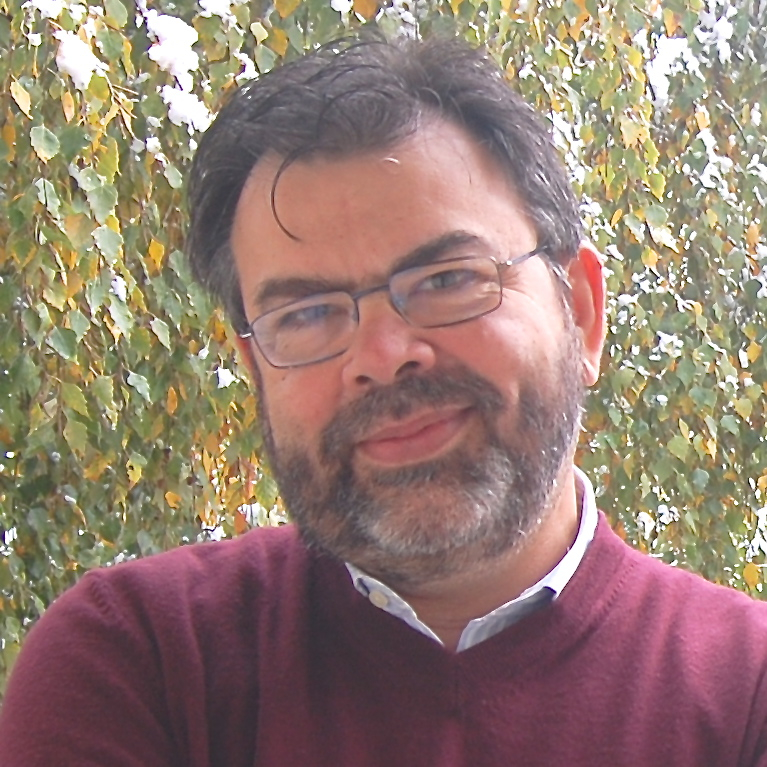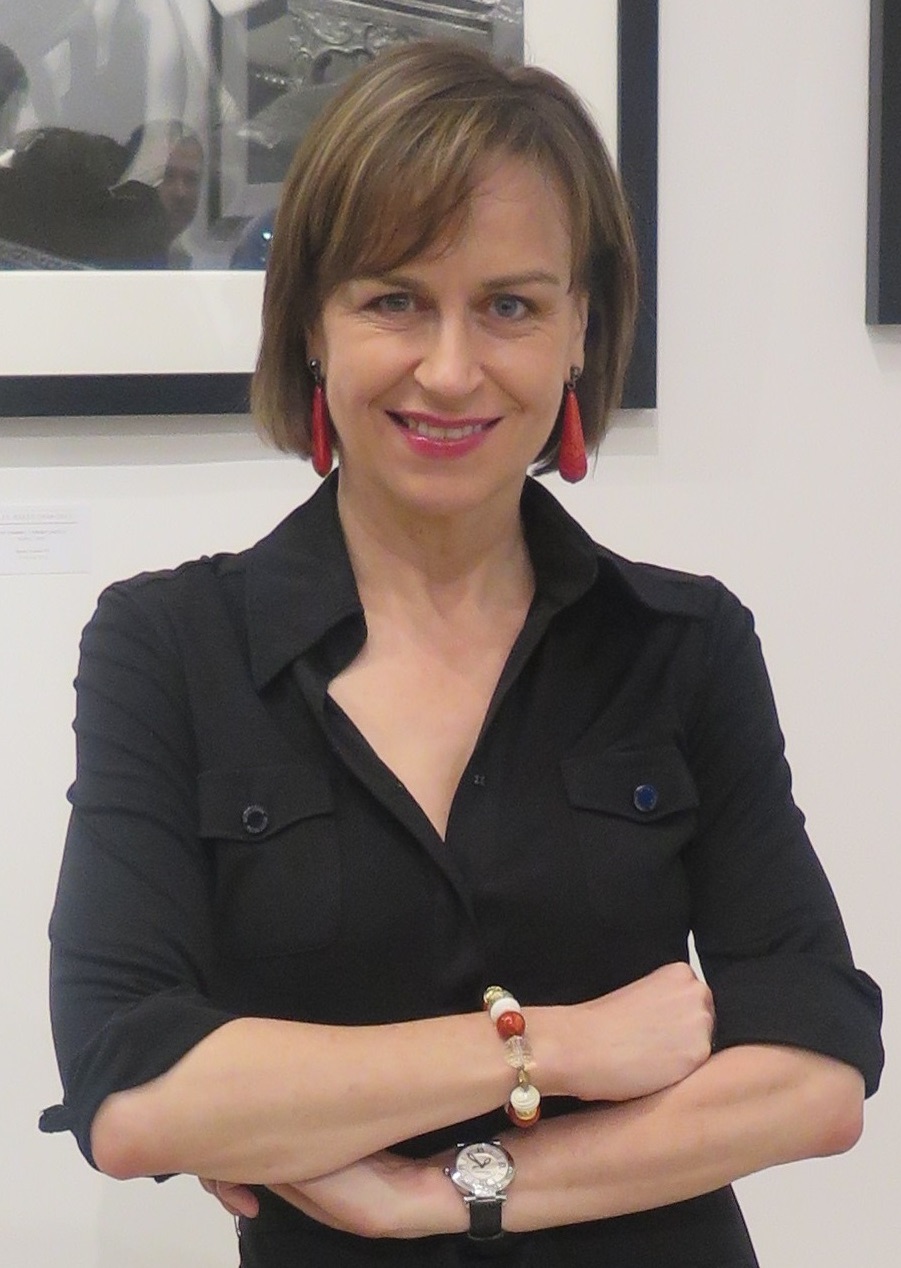
Program
The FOIS 2016 organizers are proud to announce three renowned keynote speakers for the main conference:
Land Use and Land Cover Semantics: Distinguishing Occurrents from Continuants

Gilberto Camara (National Institute for Space Research, Brazil)
Abstract:
Classifying and describing the Earth's land use and land cover present unique challenges, leading to lack of harmonization between existing land classification systems. These problems arise partly because current classification systems take a static view of the world. As such, they aim to support unambiguous definitions of land cover and land use classes at one particular moment. Since the Earth's land cover is continuously changing, such static definitions are limited. This talk considers how large Earth Observation data sets can help to define a new generation of spatio-temporal ontologies of land use and land cover. These ontologies will distinguish terms such as "forest" and "savanna", associated to continuants, from terms such as "deforestation" and "degradation", related to occurrents. This novel approach is better suited to describe the land dynamics our ever-changing planet.
Short Bio:
Prof. Dr. Gilberto Câmara is a researcher in Geoinformatics, Spatial Database and Land Use Change at Brazil's National Institute for Space Research, where he was General Director (2006-2012). He is internationally recognized for promoting free access for geospatial data and for setting up an efficient satellite monitoring of the Brazilian Amazon rainforest. From 2013-2015, he was Brazil Chair at the University of Münster. Gilberto has advised 50 graduate students and published 150 papers that have been cited more than 7500 times. He has received a Dr. Honoris Causa from the University of Muenster, a Chevalier (Knight) of the Ordre National du Mérite of France, the Global Citizen Award of the Global Spatial Data Infrastructure Association, and the Pecora Award from USGS and NASA.
Modals as Predicates of Modal Objects

Friederike Moltmann (IHPST, Paris , France & New York University, USA)
Abstract:
This talk will outline a novel truthmaker semantics of modals by focusing not on possible worlds and quantifiers ranging over them, but on what I will call modal objects, entities of the sort of permissions, obligations, possibilities, needs, and abilities. According to that semantics, modal predicates take modal objects as their implicit (Davidsonian) argument and the complement clause (or prejacent) of the modal acts as a predicate characterizing the modal object in terms of its satisfiers (truthmakers) and possibly violators (falsifiers), in roughly the sense of Fine's recent truthmaker semantics. On this account, the difference between modals of necessity and possibility is made a matter of ontology as are inferential relations among modal sentences.
Short Bio:
Friederike Moltmann is research director at the Centre National de la Recherche Scientifique in France and visiting researcher in the Philosophy Department at New York University. Her work focuses on the interface between philosophy and linguistic semantics, especially the connection between ontology and linguistic semantics. She is author of Parts and Wholes in Semantics (Oxford UP, 1997) and Abstract Objects and the Semantics of Natural Language (Oxford UP, 2013).
Powers of Wholes and Parts

Stephen Mumford (University of Nottingham, UK)
Abstract:
Philosophers have long struggled to understand the notion of strong, as opposed to merely epistemic, emergence. One such genuinely metaphysical way would be to accept that the powers of wholes can under certain conditions be more than the sums of the powers of the parts. But what are the conditions under which emergence occurs and can we be sure that the suggested sense of emergence is strong enough? Arrangement of component powers will be crucial as the same powers differently arranged can constitute different resultant powers of their wholes. This shows that the composition of powers is not always linear and is non-mereological but it also shows an inadequacy of the vector model. On the plus side, it gives us a model for composition that is apt for technical artefacts and complex socio-technical systems. This version of emergentism also permits plausible cases of top-down causation given that causes and effects are simultaneous on the powers view.
Short Bio:
Stephen Mumford is Professor of Metaphysics in the Department of Philosophy at the University of Nottingham, UK, and Professor II in the School of Economics and Business at the Norwegian University of Life Sciences. He is the author of Dispositions (Oxford, 1998), Russell on Metaphysics (Routledge, 2003), Laws in Nature (Routledge, 2004), David Armstrong (Acumen, 2007), Watching Sport: Aesthetics, Ethics and Emotion (Routledge, 2011), Getting Causes from Powers (Oxford, 2011 with Rani Lill Anjum), Metaphysics: a Very Short Introduction (Oxford, 2012) and Causation: a Very Short Introduction (Oxford, 2013 with Rani Lill Anjum). He was editor of George Molnar's posthumous Powers: a Study in Metaphysics (Oxford, 2003) and Metaphysics and Science (Oxford, 2013 with Matthew Tugby). His PhD was from the University of Leeds in 1994 and he has been at Nottingham since 1995 having served as Head of the Department of Philosophy, Head of the School of Humanities and Dean of the Faculty of Arts. He is currently completing a number of book projects: What Tends to Be: Essays on the Dispositional Modality, Causation in Science: on the Methods of Scientific Discovery (both with Rani Lill Anjum) and Nothing Really Matters. He will shortly be publishing his first philosophical novel, the New Meditations on First Philosophy (Bloomsbury).